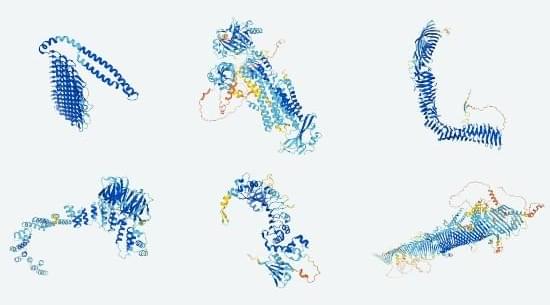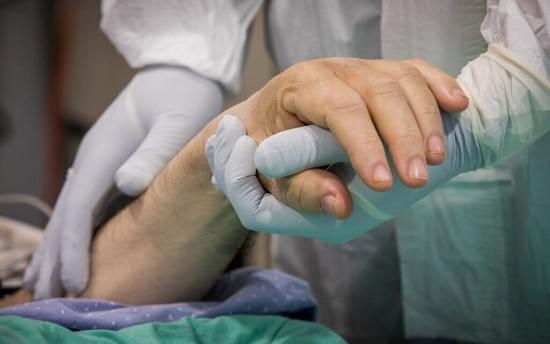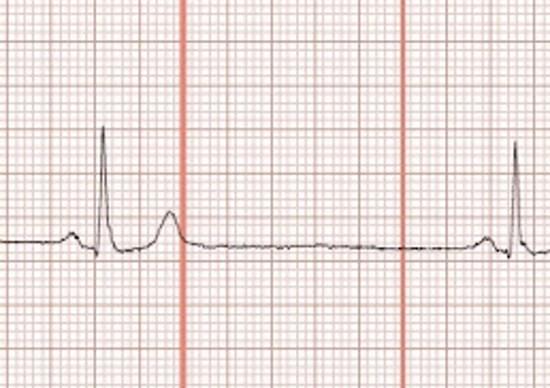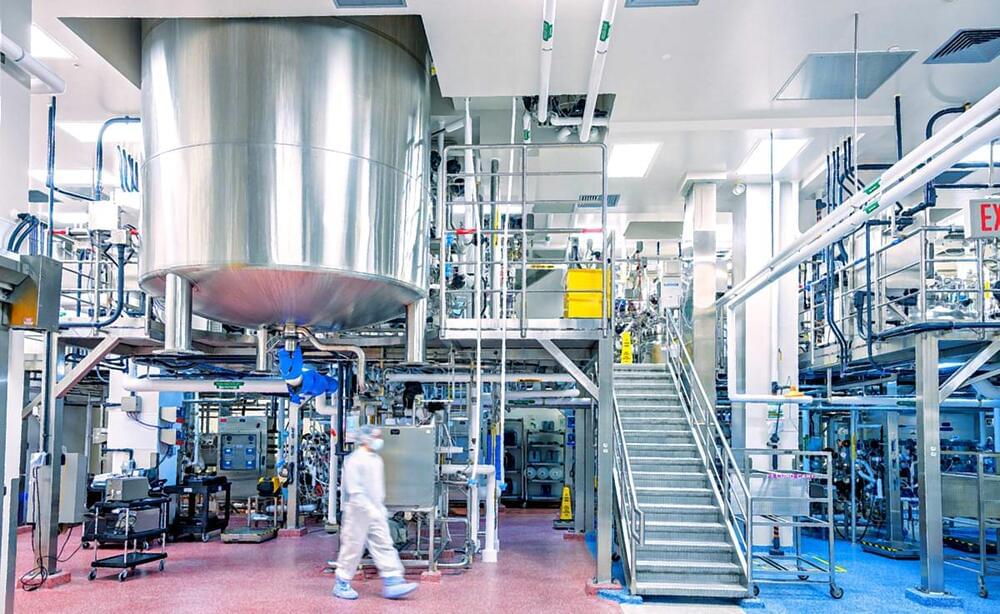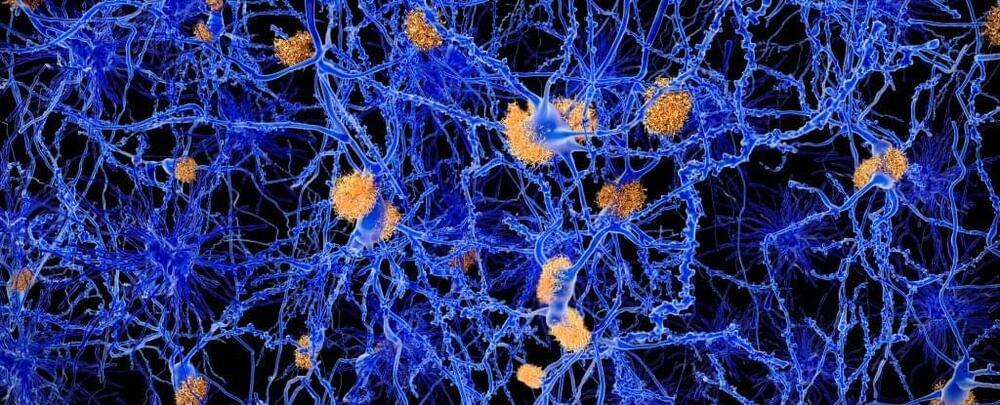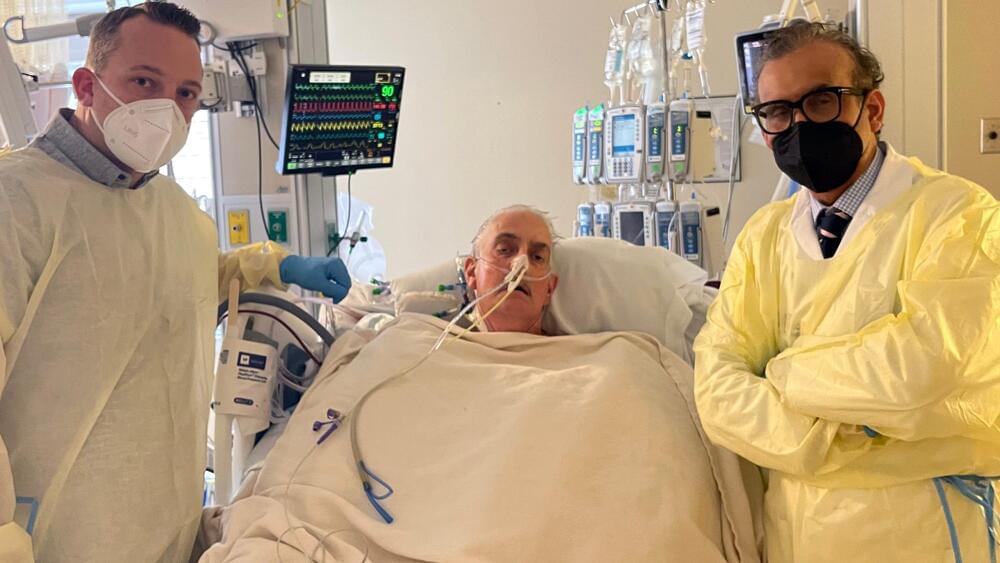The elixir of technological innovation and the information it delivers at our very fingertips every day has proven to be a Pandora’s Box unleashing misinformation, rumour, hate, selfish malfeasance, and violence. Since when did access to knowledge produce so much havoc? Because that’s what appears to be happening with COVID-19, climate change, and more.
My more recent personal experience is equally relevant. When I got COVID-19 in April 2020, it attacked the lining of my heart temporarily enlarging the upper left chamber where pulmonary veins interact with the muscle. Those veins were damaged by the virus leading to the beginning of changes to my heart rhythm and the onset of atrial fibrillation and other arrhythmias.
Three weeks before getting infected I had a full physical in preparation for upcoming knee replacement surgery. At the time I was told that my heart was healthy with no underlying medical conditions of concern. Then COVID-19 struck leading me to go to the hospital emergency where I was told that I was in danger of an imminent stroke and was now a heart patient.
There was no vaccine at the time to protect me, but today there is now, and more than one good option. So I would say to this young man, the certainty of the virus further damaging your heart is much greater than the likelihood of vaccination doing more damage to it than already is there. And I would say to his mom, please help your son find the real experts and not Internet-based influencers so that you together can separate the disinformation chaff from the knowledge wheat, and by doing so give him the best chance to survive.

